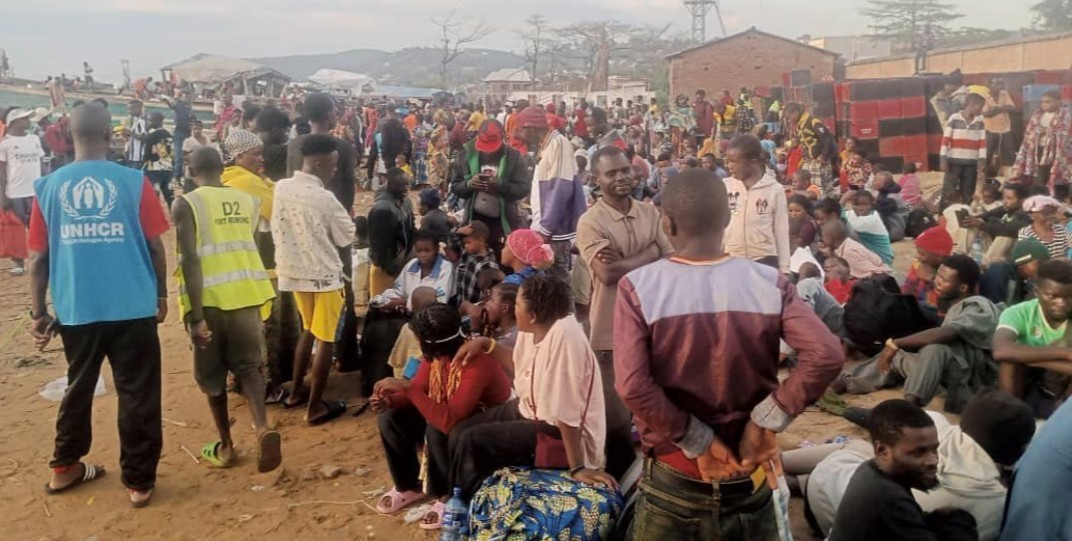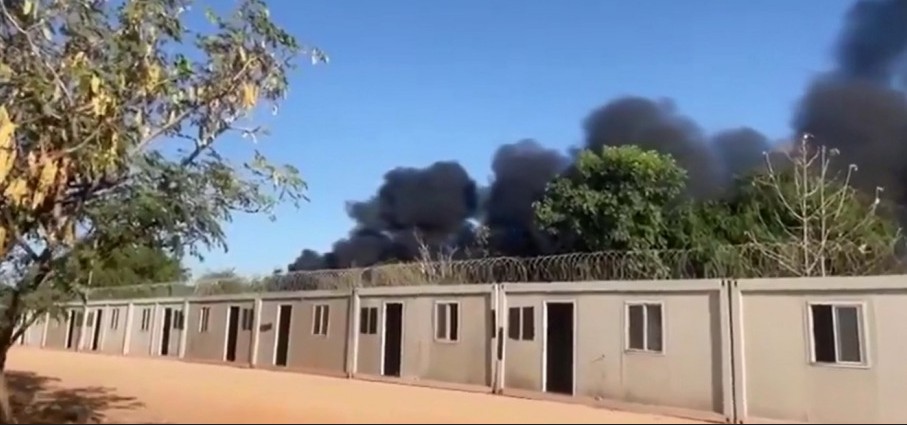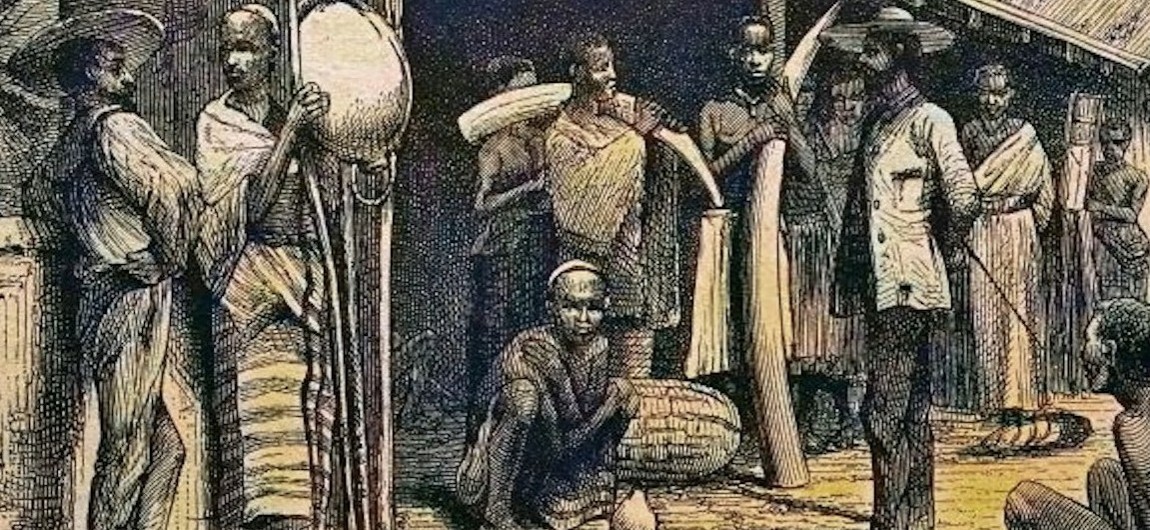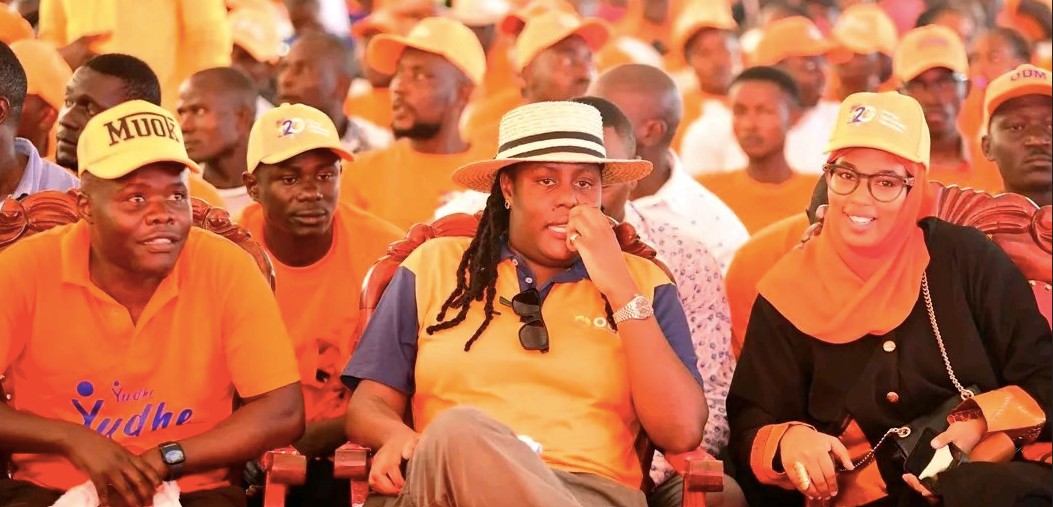Bunge Mashinani: Mombasa Speaker now calls for grassroots assembly sessions
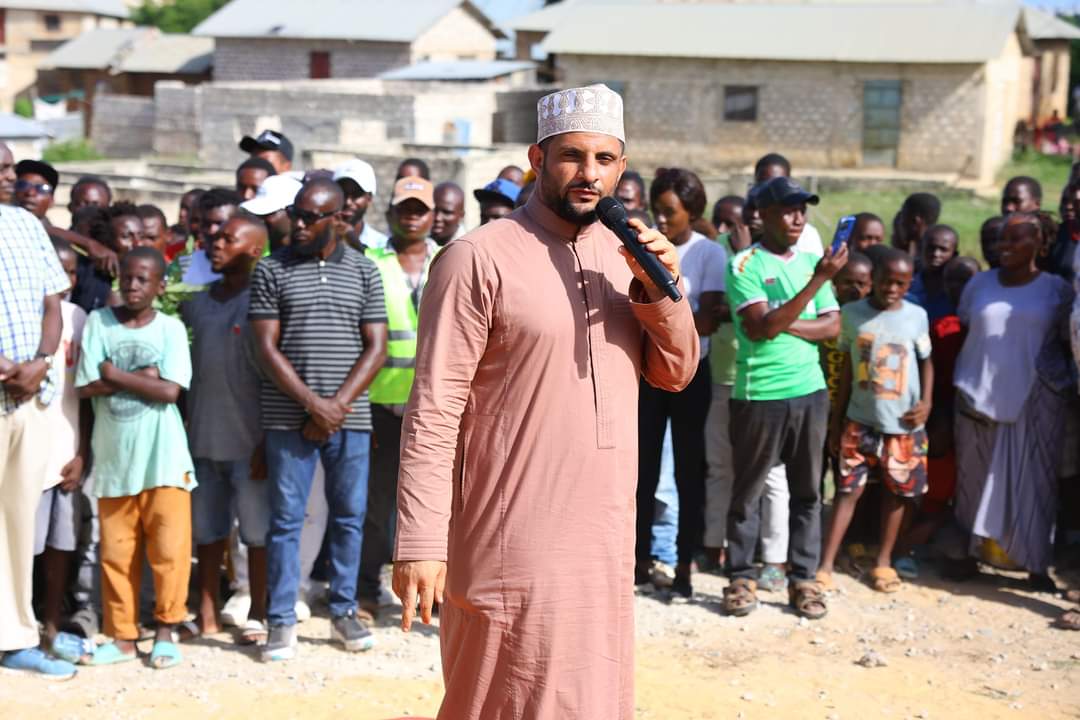
Speaker Aharub Khatri's proposal aims to bridge the gap between policymakers and residents in marginalised areas who have long been overlooked.
Mombasa Speaker Aharub Khatri, suggests holding assembly sessions in grassroots communities to directly hear from residents.
His proposal aims to bridge the gap between policymakers and residents in marginalised areas who have long been overlooked.
More To Read
- Mombasa cracks down on illegal dumping of construction waste
- Civil society petitions Mombasa Assembly over governance lapses
- Mombasa residents urged to resolve decades-old land disputes through dialogue
- Senate probes barriers facing PWDs in accessing services in Mombasa County
- High Court issues injunction to stop removal of Mombasa County Assembly Majority Leader
- Ousted Mombasa Majority Leader Mwamiri accuses assembly of weaponising power
"When we convene here, it is baffling to consider if Junda is even recognised as part of Mombasa, given the level of neglect. We must rally to uplift Junda from its forgotten state, and in doing so, uplift its people who have been abandoned," Aharub said in Jomvu.
He emphasised the broader picture, stating, "The plight extends beyond Junda to encompass the entirety of Kisauni. We cannot shy away from the truth, the people of Kisauni have been neglected for far too long. It is imperative that we address this head-on."
Aharub shed light on the unequal burden borne by certain constituencies, such as Junda, and the inadequacies faced by their representatives.
"The workload placed upon a single MCA for Junda is disproportionate, and their salary of Sh90,000 is a testament to the disregard for their responsibilities," he pointed out.
Financial constraints
He delved into the financial constraints impeding local representatives, stressing the necessity of adequate funding channels.
He mentioned that MCA has a significant workload due to the large area they oversee.
However, their ability to fulfil their duties is restricted because MCAs lack a budget like MPs, who have access to the National Government Constituency Development Funds.
The Speaker's proposal seeks to foster a closer connection between policymakers and the grassroots, ensuring that the voices of all residents, especially those in underserved regions, are not only heard but also acted upon.
Former Kisauni MP Ali Mbogo called for unity among leaders and area residents, emphasising that unity is paramount for development in remote areas.
“There have been ongoing discussions about unity amongst leaders. The question then becomes, why? Is it for political gain or to genuinely help the grassroots citizens in need of assistance? They require scholarships, clean water, business loans, and resolution of land issues.”
Top Stories Today
